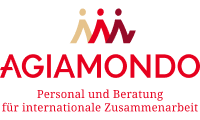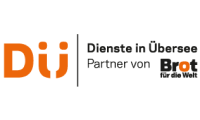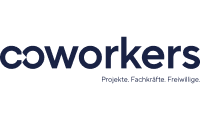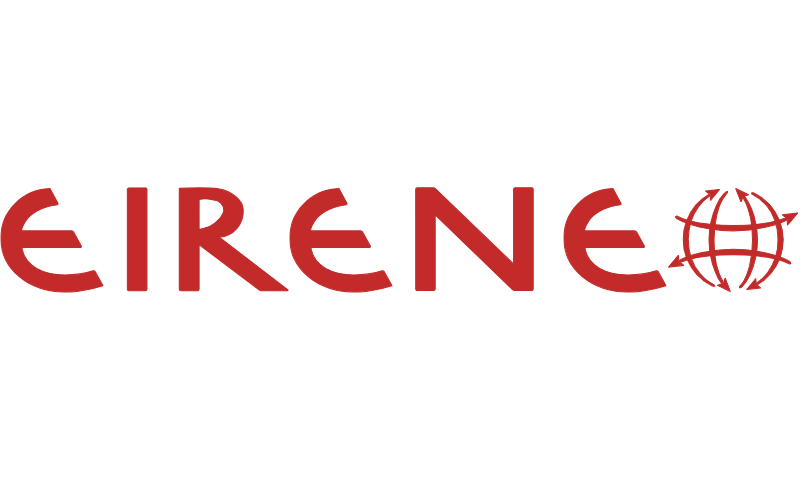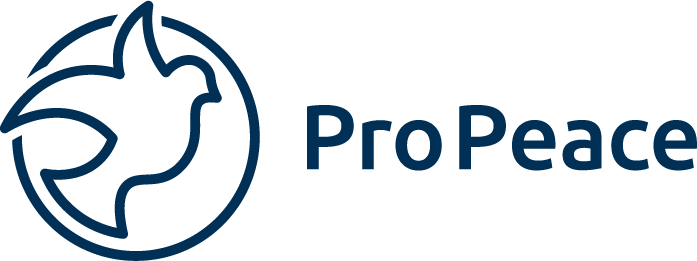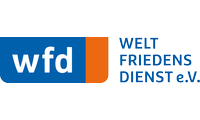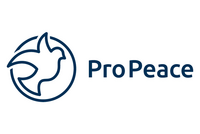
DEVELOPMENT SERVICE – What is it?
Whether in Eastern Europe, Asia, Africa, or Latin America, as a project manager, IT expert, or organisational consultant – development service professionals work in places where joint action is needed to overcome poverty or to protect and preserve natural resources.
They help to bring about political reform, and they promote peace – often within partner organisations where they learn and take action together with local people. They successfully combine professional competence and intercultural skills with a commitment to solidarity. Development service has continually been adapted to meet the challenges of today’s world, so it is an effective instrument of development cooperation.
Professional development workers each play their own part in achieving the United Nations' sustainable development goals. They receive a maintenance allowance and provision is made for health care and social security not only during their service but when they return to Germany/Europe as well – all in accordance with the provisions of the German Development Workers Act, which is almost unique in world terms. Professionals also gain personally from development service because they are able to develop their personal and professional competencies during their service.
International Climate Service
Climate change is undoubtedly one of the greatest global challenges of our time. And the people who have contributed least to climate change – those who live in the Global South – bear the brunt of its consequences. They often lack the resources to implement the measures of mitigation and adaptation that are needed. The impacts of climate change are complex and vary from place to place. All this means that we must act and invest now. That is why we, the German development services, have launched this proposal for a new programme: the International Climate Service (ICS).
Requirements
What requirements are there for becoming a professional development worker?
The great diversity of development service placements means that they can be totally different. Each placement therefore has its own particular requirements. However, there are a few requirements that you should meet, if you want to be a professional development worker.
Do you have what it takes to be a development advisor? Find out!
There is a wide variety of development service placements, and they can vary enormously. Each placement has its own particular requirements. However, there are a few basic requirements that you should meet, if you want to be a professional development worker.
You can find out quickly and easily whether you meet all the requirements by using our self-test.
Services
Financial and social security
As a development service professional, you are entitled to a comprehensive package of services under the Development Workers Act. These are summarised below. You can also download the Act here.

The German Development Workers Act (Entwicklungshelfer-Gesetz, EhfG) stipulates that development service professionals must undertake service without expecting to earn a salary. Instead, they receive an allowance to cover living costs. This means that you do not receive a salary, as such, but you do receive a maintenance allowance.
And how much is that? We cannot say exactly. The financial benefits include various components: the maintenance allowance, a supplementary allowance for people living abroad, and the (pro rata) reimbursement of special expenses (e.g., removal costs before and after your service). Every professional development worker is well cared for, wherever they are.

Health care can vary considerably from place to place, depending on where you are. All professionals and their accompanying dependants are covered by a fully comprehensive insurance policy. The health insurance includes provision for travel to a neighbouring country or to Europe for important medical reasons, and insurance cover for returning home in the case of a medical emergency. You don’t have to arrange this insurance yourself. Your sending agency takes care of it.

The development service agencies pay your pension contributions during your period of service (including the preparation phase). As regards social security benefits in the event of unemployment after your service, the term of development service counts as normal employment. After the end of your development service, you are entitled to unemployment benefit (Arbeitslosengeld 1) in Germany. You can claim such benefits in other EU countries as well - the relevant national legislation applies.

Professionals also receive a pro rata maintenance allowance for each family member (spouse or child) who accompanies them. If your spouse works in the host country and earns more than a certain amount, the maintenance allowance will be reduced accordingly. In addition, the agencies provide benefits in kind, such as the financing of flights or insurance.

There are usually national and international schools wherever you are living. The choice of school for your children is left up to you as a professional development worker. Most - if not all - school fees will be paid by the sending agency.

During your development service you will be able to develop your professional competencies and areas of expertise. And diverse experiences will foster your personal development. How can you make use of this in your future career? And what awaits you in Germany or Europe after several years of absence? The AGdD’s Reintegration Programme helps you to find answers to these and similar questions. A comprehensive programme of free seminars and webinars tackles, for example, topics and fields of work that offer ideal starting points for returnees, such as climate protection or international social work. In individual counselling, which is also free of charge, returning professionals are supported in reflecting on their professional career and future prospects. The counselling also addresses the processes of looking for and applying for a new job. We also support you in networking with other former professionals.
Jobs
You can find a selection of development service placements here. Additional placements are always advertised on the websites of the individual sending agencies. And overviews of currently advertised placements are provided by the Netzwerk und Fachstelle für internationale personelle Zusammenarbeit (International Development Service Centre and Network) working group, at epojobs, by the Civil Peace Service consortium and at reliefweb.int. In order to identify the jobs which come under the Development Workers Act among all the positions in development cooperation, it is best to check whether the Act is mentioned in the job description.
Application
Development service can be divided into three phases – before, during, and after. Before you take up an actual assignment in a partner country, there is an application and selection process, and a period of preparation. The service itself lasts for at least one year and usually for two to three years. “After” denotes the phase of returning and resettling in Europe.
In Germany, seven sending organisations (agencies) are responsible for the deployment of professional development workers. Placements are advertised individually. Some agencies accept unsolicited applications for particular placements. Others organise introductory gatherings and provide an opportunity for you to inform yourself thoroughly before applying for a specific post. The agencies conduct their personnel selection in various ways. There are often several stages in the selection process, which frequently includes an assessment centre.

The sending agencies plan a period of preparation as part of the development service. Preparation takes place in a variety of formats – seminars, workshops, group discussions, self-study, and specialist consultations. The aim is always to authentically impart the relevant knowledge that you will need to apply in your placement. This includes: information about organising your travel to the placement, health care, and the host country; (basic) knowledge of the national language and culture; and technical and methodological issues related to your field of work. The preparation, which can take several months, includes activities for the whole family.

The actual service begins when you travel to the host country. Your new place of residence is usually wherever your new place of work is – often in the office of a partner organisation. Professionals build up their own social networks, e.g., through contact with neighbours and schools and through leisure activities. From now on, you are living and working in a different culture. Placements can be found in a wide variety of locations. You could be anywhere, from a small town in a largely rural area to a large metropolis.
There is also an initial period of induction at the start of the placement – a phase of getting to know each other. Depending on the project, professionals sometimes work within a larger programme with country offices or coordination centres throughout the region. But a lot of professionals work together with only one partner organisation. While in the field, they are also supported by their sending organisation, which often provides coaching and opportunities for further training.
During your service, you will work on projects and challenges together with your local partners for at least one year, usually for two to three years. But development service is more than just a job: It is a meaningful activity in which you learn and act in solidarity with others.
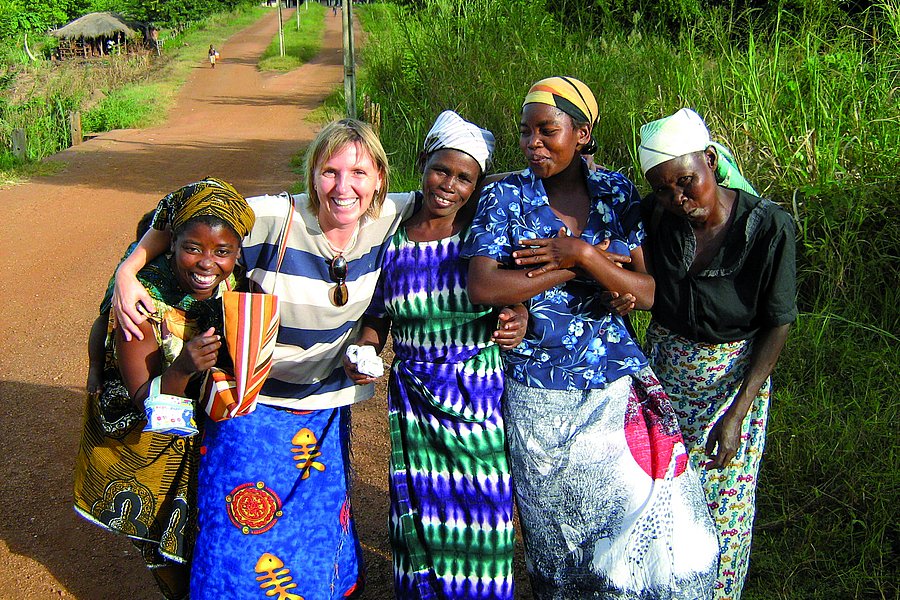
Development service contracts are always temporary. Because the absence for two or three years and the return to Germany/Europe are unusual circumstances and the return is often a source of mixed feelings and some degree of uncertainty, the sending agencies have always included the “return phase” in their thinking about development service from the very beginning. They provide information and run seminars in which returnees can exchange experiences and reflect on them. The Reintegration Programme run by the Association of German Development Services offers an extensive range of services exclusively for professionals returning from development service. The programme is funded by the German Federal Ministry for Economic Cooperation and Development and is part of the package of benefits for professional development workers.
Returning from development service is not only a challenge, though. As a professional development worker, you bring a lot back with you to your home country. The experience, which can be life-changing, makes you an important participant in the public debate about the future of Germany and Europe in a globalised world.
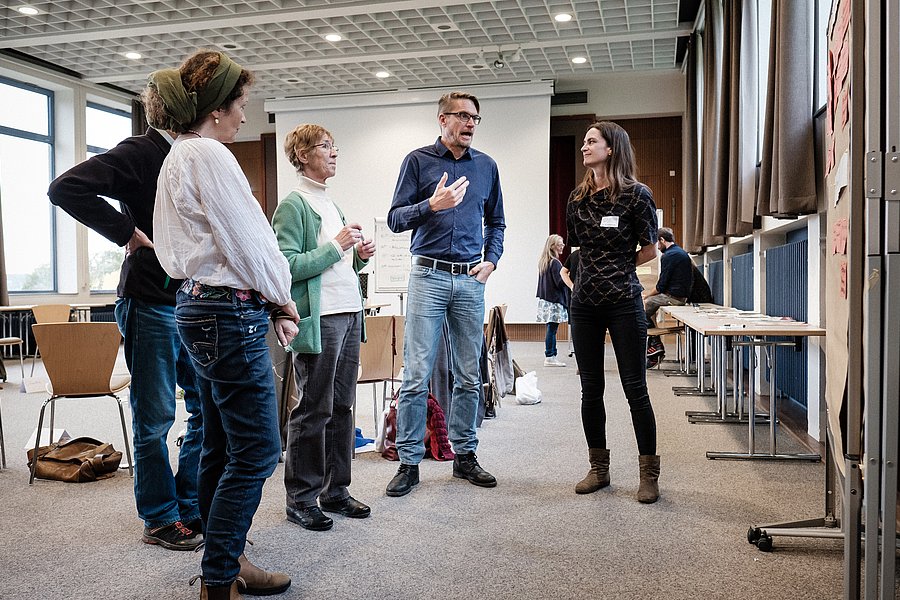
Downloads
Further information about development service can be found on the AGdD website.
-

The German Development Workers Act (Entwicklungshelfer-Gesetz, EhfG)
The German Development Workers Act provides the legal framework for assignments since 1969.
